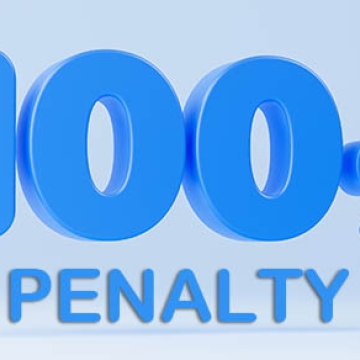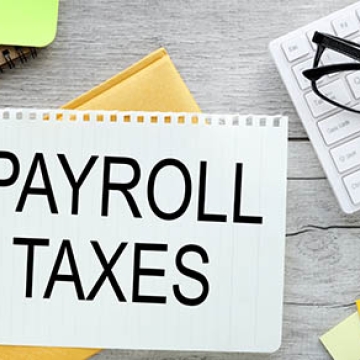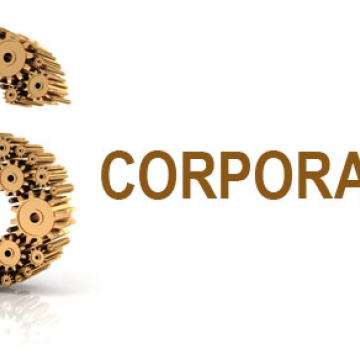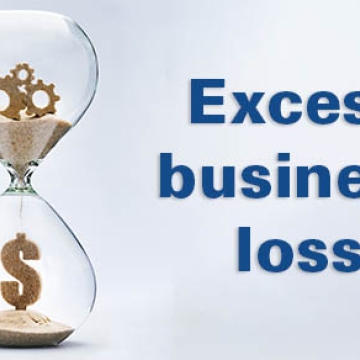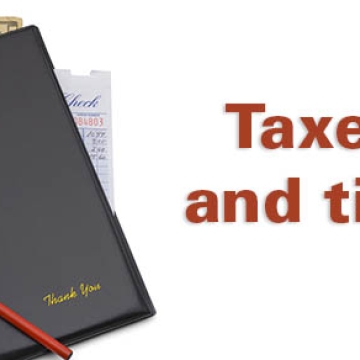Recent News & Blog / Business Tax
Small business alert: Watch out for the 100% penalty
Some tax sins are worse than others. But not paying income and employment taxes that have been withheld from employees’ paychecks is the worst. In these cases, the IRS can assess the trust fund recovery penalty. It’s called the 100% penalty because the entire unpaid tax amount can be assessed personally against a responsible person or several persons, including a shareholder, director, officer, partner or employee of a business. Contact our business tax advisors at SEK with payroll tax questions.
6 essential tips for small business payroll tax compliance
Staying compliant with payroll tax laws is crucial for small businesses. Mistakes can lead to fines, strained employee relationships and legal consequences. Here are 6 quick tips. Contact SEK's business tax advisors with questions. We can help you select the right system, calculate employee withholding, navigate multi-state filing requirements and more.
BOI injunction lifted: FinCEN updates requirements for US companies
Important Update: On March 21, 2025, FinCEN issued an interim final rule removing the new BOI reporting requirements for U.S. companies and U.S. persons. Now, the newly implemented BOI reporting requirements will only apply to those entities that are formed in another country.
Planning for the future: 5 business succession options and their tax implications
When it’s time to consider your business’s future, succession planning can protect your legacy and successfully set up the next generation of leaders or owners. Here are five options to consider: 1) Transfer the business directly to family members. 2) Transfer ownership through a trust. 3) Engage in an employee or management buyout. 4) Establish an employee stock ownership plan. 5) Sell stock or assets to an outside buyer. The best approach for you depends on several factors. Contact our business advisors about how to move forward with your succession planning.
Is an S corporation the best choice of entity for your business?
If you’re starting a business with some partners and wondering what type of entity to form, an S corporation may be the most suitable form of business for your new venture. Here are some of the reasons why. Contact the business advisors at SEK with questions.
Ways to manage the limit on the business interest expense deduction
Current tax law generally limits deductions of business interest, with certain exceptions. Unless your company is exempt, your maximum business interest deduction for the tax year equals the sum of 1) 30% of your company’s adjusted taxable income (ATI), 2) your company’s business interest income, if any, and 3) your company’s floor plan financing interest, if any. If your company is affected by the business interest deduction limitation, contact our business tax advisors to see if you can avoid it or reduce the impact.
If you run a business from home, you could qualify for home office deductions
If you’re self-employed and run your business from home or perform certain functions there, you might be able to claim deductions for home office expenses against your business income. There are two methods for claiming this tax break: the actual expense method and the simplified method.
Do you have an excess business loss?
If an individual taxpayer has substantial business losses, unfavorable federal income tax rules may come into play and things can get complicated. Contact the CPAs and business tax advisors at SEK with any questions.
Questions about taxes and tips? Here are some answers for employers
Businesses in certain industries employ service workers who receive tips as a large part of their compensation. These businesses include restaurants, hotels and salons. Compliance with federal and state tax regulations is vital if your business has employees who receive tips. Contact SEK's business tax advisors with your tax questions.
Many business tax limits have increased in 2025
A variety of tax-related limits that affect businesses increased in 2025 based on inflation. And most limits related to employer-sponsored retirement plans, such as 401(k)s, are higher this year. Contact the business tax advisors and CPAs at SEK if you have questions about your tax situation.
